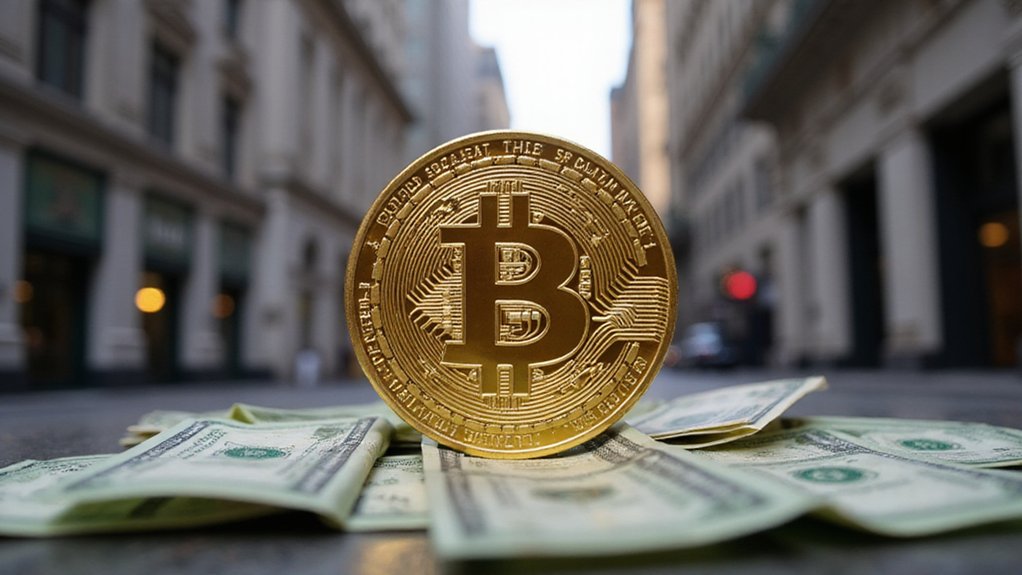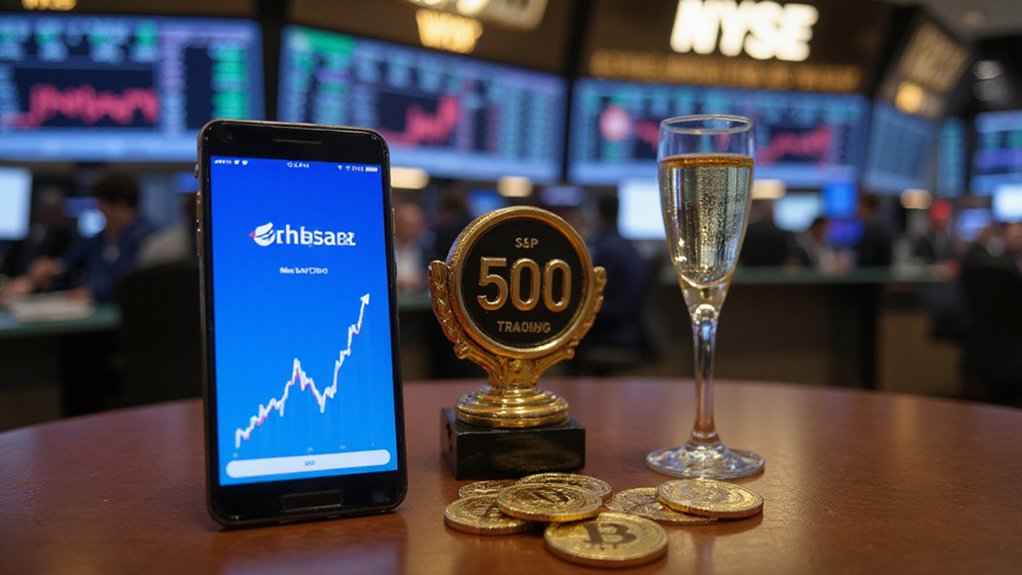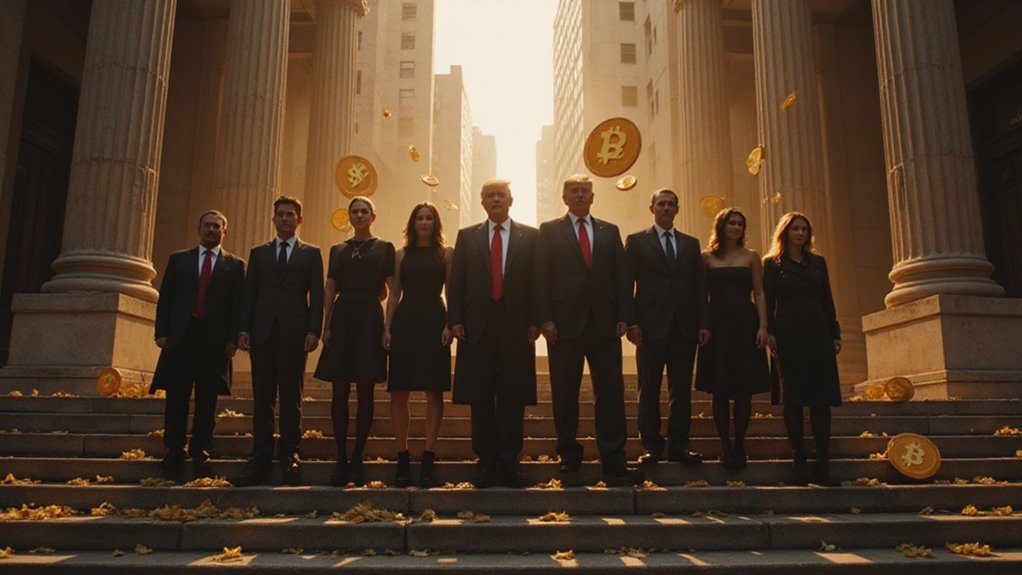A Hong Kong family office managing $4 billion in assets has taken the plunge into cryptocurrency markets with a pioneering $10 million allocation—a move that would have been unthinkable just two years ago when regulatory uncertainty cast digital assets into the domain of speculative purgatory.
The transformation owes much to Hong Kong’s newfound regulatory clarity, which has transformed crypto from financial pariah to legitimate asset class worthy of institutional consideration. Where once family offices treated digital assets with the enthusiasm typically reserved for tax audits, clearer frameworks have suddenly made blockchain investments respectable enough for wealth managers serving Hong Kong’s ultra-high-net-worth families.
This particular family office isn’t merely dabbing its toes in Bitcoin futures (though that would be pedestrian enough). Instead, their strategy encompasses DeFi funds, blockchain payment infrastructure, and even explorations into crypto-backed real estate transactions—because apparently tokenizing property deeds represents the next logical evolution in wealth management sophistication.
The $10 million represents more than capital allocation; it signals generational wealth transfer dynamics playing out in real time. Younger family members, raised on smartphones and suspicious of traditional banking inefficiencies, are driving demand for digital asset exposure that their predecessors would have dismissed as elaborate Ponzi schemes with better marketing.
The family office’s approach emphasizes structured yield generation over speculative positioning—a distinction that matters considerably when explaining cryptocurrency investments to patriarchs who remember when Swiss bank accounts represented the pinnacle of financial discretion. Their partnerships with established crypto funds suggest institutional legitimacy that wouldn’t have existed during the Wild West days of ICO mania. The strategic shift reflects growing difficulties in exiting private equity investments that have prompted wealth managers to seek more liquid alternative strategies.
This development reflects broader Asia-Pacific trends toward fintech integration, where family offices are cautiously expanding digital asset exposure to enhance portfolio diversification and yield potential. The move aligns with industry emphasis on advanced technologies that are reshaping traditional wealth management approaches across the region. Family offices are increasingly utilizing platforms with AML/KYC compliance to satisfy regulatory requirements while accessing digital asset markets through established exchanges.
The regulatory environment that once treated crypto with the warmth typically reserved for tax evasion schemes has evolved into something approaching institutional acceptance.
The move signals confidence that digital assets have matured beyond speculative instruments into legitimate portfolio components—though whether this confidence proves prescient or represents expensive education in market volatility remains to be determined.
For now, Hong Kong’s family office community appears willing to find out with real money on the table.









